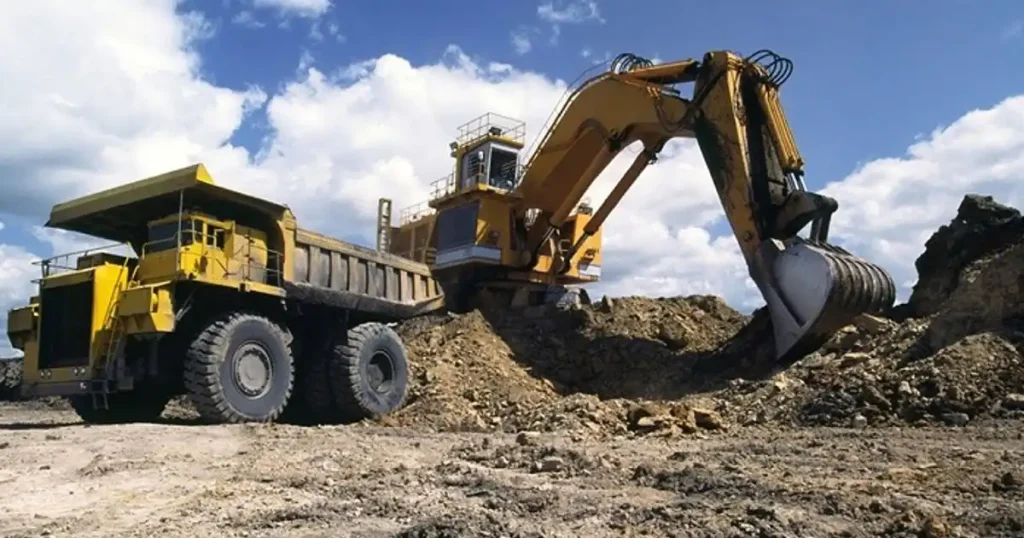Mali’s government has taken strong action. It revoked more than 90 mining exploration permits. This affects local and foreign companies that ignored new rules.
The move aims to boost compliance and reshape the sector. It shows Mali’s push for better resource control in Africa.
Key Facts on the Revoked Mali Mining Permits
Mining Minister Amadou Keita signed the decree. It voids all these licenses right away. Now, the areas are open for new applications. The permits date from 2015 to 2022. They targeted resources like gold, iron ore, bauxite, uranium, and rare earths.
These minerals drive global demand. For example, gold supports Mali’s economy. Iron ore aids steel making. Bauxite is key for aluminum. Uranium powers energy. Rare earths fuel tech and green energy.
Why the Exploration Licenses Revocation Happened
The ministry required updates from all companies. They had to resubmit papers under fresh guidelines. These rules focus on transparency and safety. However, many firms missed the mark. This led to widespread cancellations.
Details on appeals are unclear. Companies might challenge the decisions. But no process has been shared yet. This adds uncertainty for investors.
Mali’s Challenges and Wider African Trends
This fits a bigger pattern in Africa. Many countries now tighten rules on resources. They want more local benefits and less exploitation. Mali leads in gold production on the continent. Yet, it faces big hurdles.
Foreign investment has dropped. Security issues play a role. So do policy changes. These factors scare off funds. The government seeks new ways to grow the sector.
Mali’s Growing Ties with Russia in Mining
The military-led government acts fast. It builds stronger links with Russia. New deals cover energy and mining. For instance, they include petroleum supplies. Joint projects target gold and lithium.
Lithium is vital for batteries. It helps with electric cars and renewables. These partnerships could fill gaps left by others. They bring expertise and support. As a result, Mali may boost its mining output.
This shift is strategic. It counters declining Western interest. Overall, the revocations and new ties signal change. Mali aims for a stronger, more controlled industry. Investors should watch closely.
READ ALSO: Nigeria Pays ₦2.3B to Clear Lecturer Arrears























